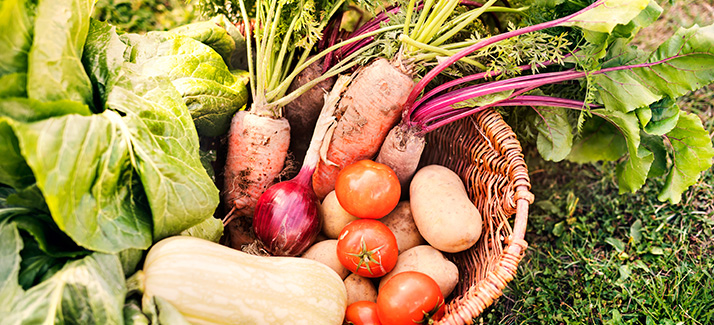Alium Compounds – Alium Genius – Garlic, Onions, leeks, chives and shallots.
Bioflavonoids – antioxidant for escorts toxic metals out of the body
Boswellic Acid – frankincense/olibanum obtained from Boswellia trees.
Capsaicin – active component of chilli peppers
Sulforaphane – Broccoli does amazing things
Chlorophyl – green pigments
Coumarins – fragrant organic chemical
curcumin – bright yellow chemical colour
dithiolethiones –
Ellagic Acid – antioxidant and anti-inflammatory properties. Highest levels are present in raspberries. Other fruits strawberries, blackberries, grapes, pomegranates, walnuts, and pecans.
Resveratrol – Dark red found predominantly in grape skin so can be found in wine. Helps cardiovascular and cognitive health. Other foods peanuts
pistachios, strawberries, blueberries and
dark chocolate.
Phytoestrogens – Food soy, broccoli, oranges, carrots and coffee.
